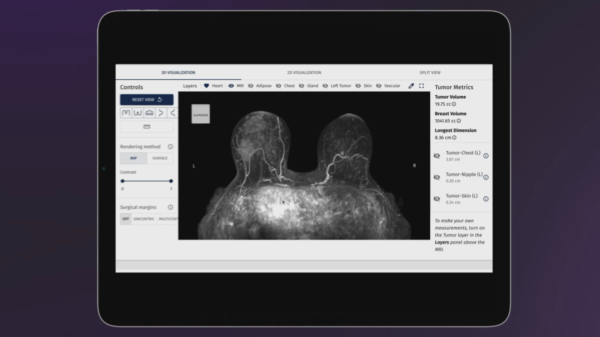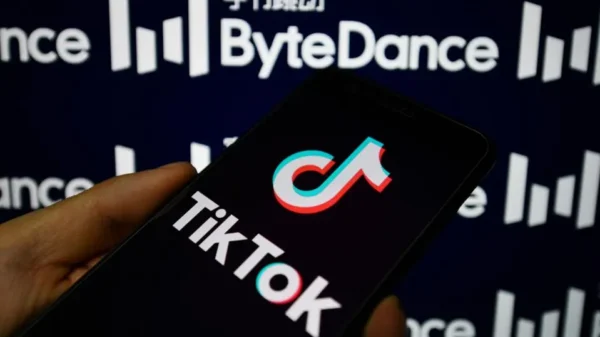The New York Times has sued artificial intelligence company OpenAI and Microsoft (NASDAQ: MSFT) over using its content to train generative artificial intelligence.
A Manhattan federal court received a copyright infringement lawsuit on Wednesday, alleging that the companies copied information from various sources to construct their systems. The lawsuit asserts that they attempted to capitalize on the New York Times’ substantial investment in journalism by creating substitute products without obtaining permission or making payments.
The lawsuit extends to Microsoft, which uses AI to power its Copilot service, and helped in providing the infrastructure for training the GPT Large Language Model. However, the suit extends beyond the use of copyrighted material in training, alleging that OpenAI-powered software ignores the Times’ paywall and attributes fabricated misinformation to the Times.
The Times alleges that part of the unauthorized use occurred during the training of various versions of GPT. Before GPT-3.5, the training dataset’s information was publicly disclosed.
One of the sources used is a large collection of online material called “Common Crawl,” which the suit claims contains information from 16 million unique records from sites published by The Times.
This positions The Times as the third most referenced source, trailing behind Wikipedia and a database of US patents.
One of the principal defenses against copyright is fair use, which argues that limited use of copyrighted works without permission is allowed for purposes such as criticism, comment, news reporting, teaching, scholarship, or research. In OpenAI’s case, the company asserts that its use serves a new ‘transformative’ purpose.
The lawsuit addresses this claim by stating using The Times’ content without payment is not transformative and draws readers away from The Times.
Read more: Google launches its most advanced AI platform: Gemini
Read more: Experimental robot glove for stroke patients receives £435k funding from UK government
OpenAI has had a rough 2023 legally
OpenAI launched ChatGPT in November of last year, and garnered 100 million users in just two months. One year later, it had accumulated over 100 million users per week.
In the interim, it also became the target of multiple lawsuits.
In September, a group of US authors, including Game of Thrones novelist George RR Martin and John Grisham, filed a copyright infringement case similar to the Times.
Comedian Sarah Silverman launched a suit against Open AI in July. Also in July, authors Margaret Atwood and Philip Pullman signed an open letter calling for AI companies to compensate them for using their work.
Not all of the developments have been negative, however. Earlier this month, OpenAI announced a partnership with the German publishing giant Axel Springer to “enhance users’ experience with ChatGPT by incorporating recent and authoritative content on a wide variety of topics, and explicitly acknowledging the publisher’s contribution to OpenAI’s products.”
“With this partnership, ChatGPT users around the world will receive summaries of selected global news content from Axel Springer’s media brands,” Open AI said in a press release.
The information on the system would include attribution and links to the full articles for transparency.
“We want to explore the opportunities of AI empowered journalism – to bring quality, societal relevance and the business model of journalism to the next level,” Mathias Döpfner, CEO of Axel Springer, said.
.














